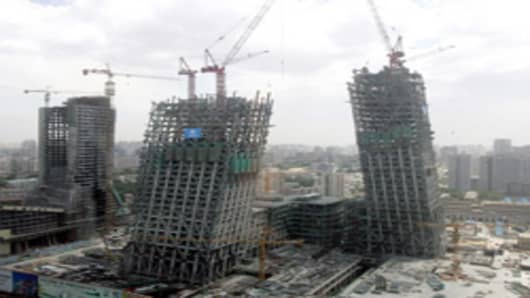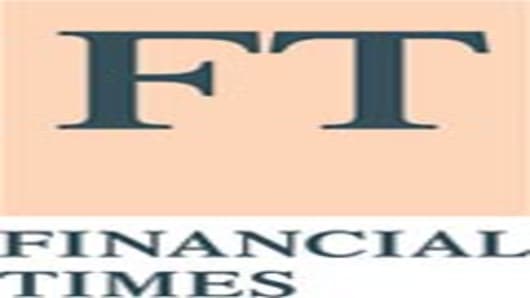The chairman of China Construction Bank, the country’s second largest by assets, has warned of the perils of rapid growth, adding his voice to a growing chorus of economists concerned about overheating.
GDP growth of 9.5 per cent or above would “be very problematic”, Guo Shuqing told the Financial Times. “It will mean more duplication of construction, more excess capacity and higher waste of capital.”
In its latest estimate, the World Bank has predicted a growth rate of 9.5 per cent for 2010, but many analysts predict even faster expansion of the Chinese economy this year.
Growth in the first quarter alone is estimated at between 11 and 12 per cent.
Mr Guo’s warning comes at a time when China has been sucking up imports from the rest of the world at an accelerating rate and growth in imports has exceeded the pace of exports for most of the last year.
But China’s trading partners, particularly the US, fear that its policy of holding down its exchange rate relative to the dollar is driving overseas demand for its exports which, in turn, is fuelling rapid economic expansion and inflation.



